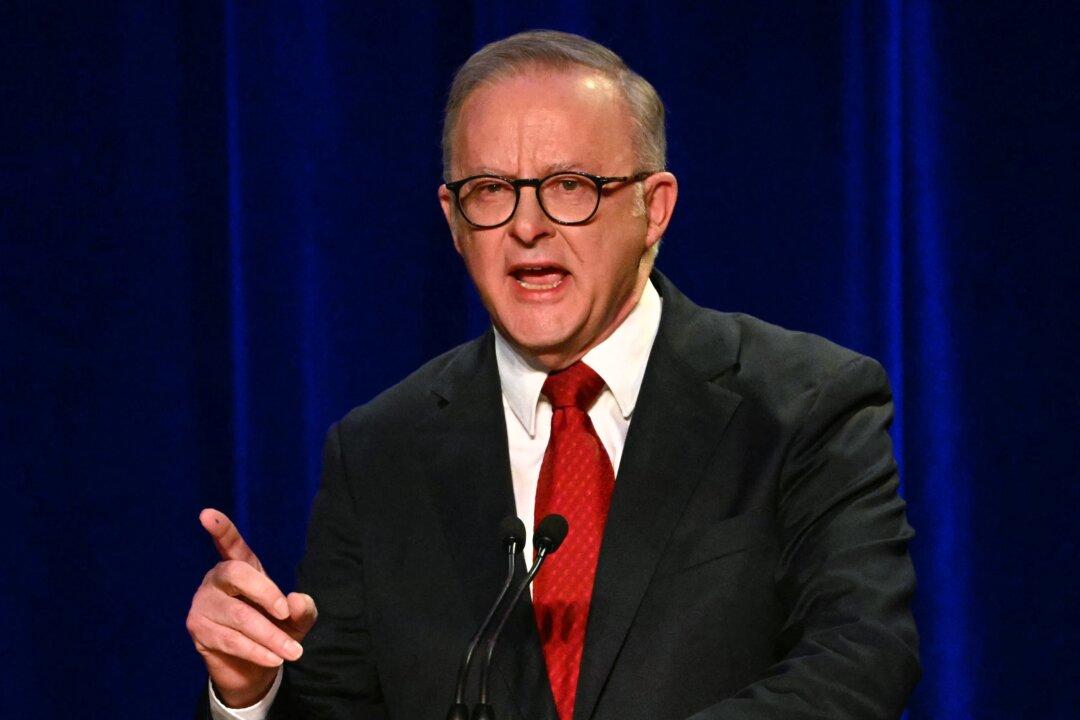Prime Minister Anthony Albanese has declared Australia’s approach to unity can serve as a global model for navigating religious and racial tensions, describing it as a national “project” with international relevance.
Riding high on his election victory, Albanese said in an interview on May 14 that the country’s multicultural harmony stands in stark contrast to rising division elsewhere.





